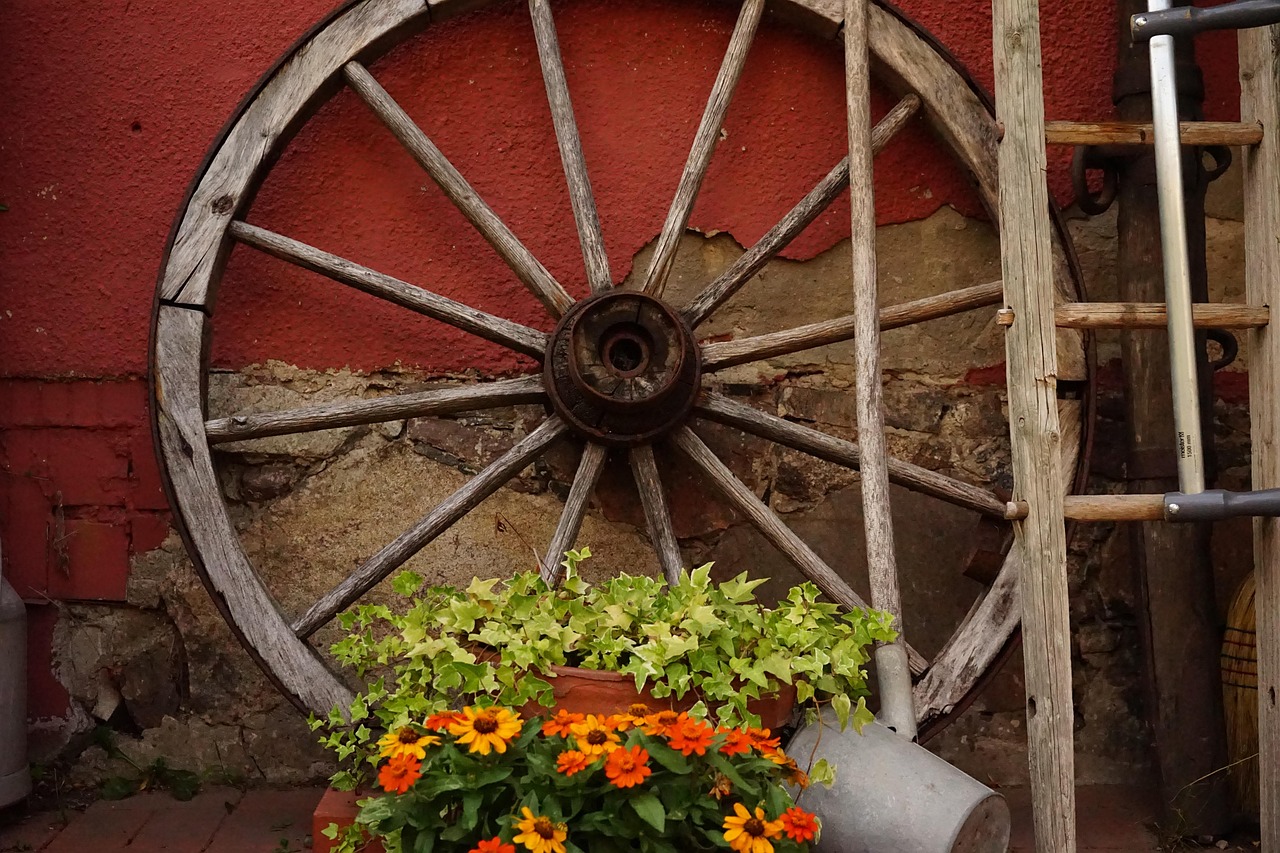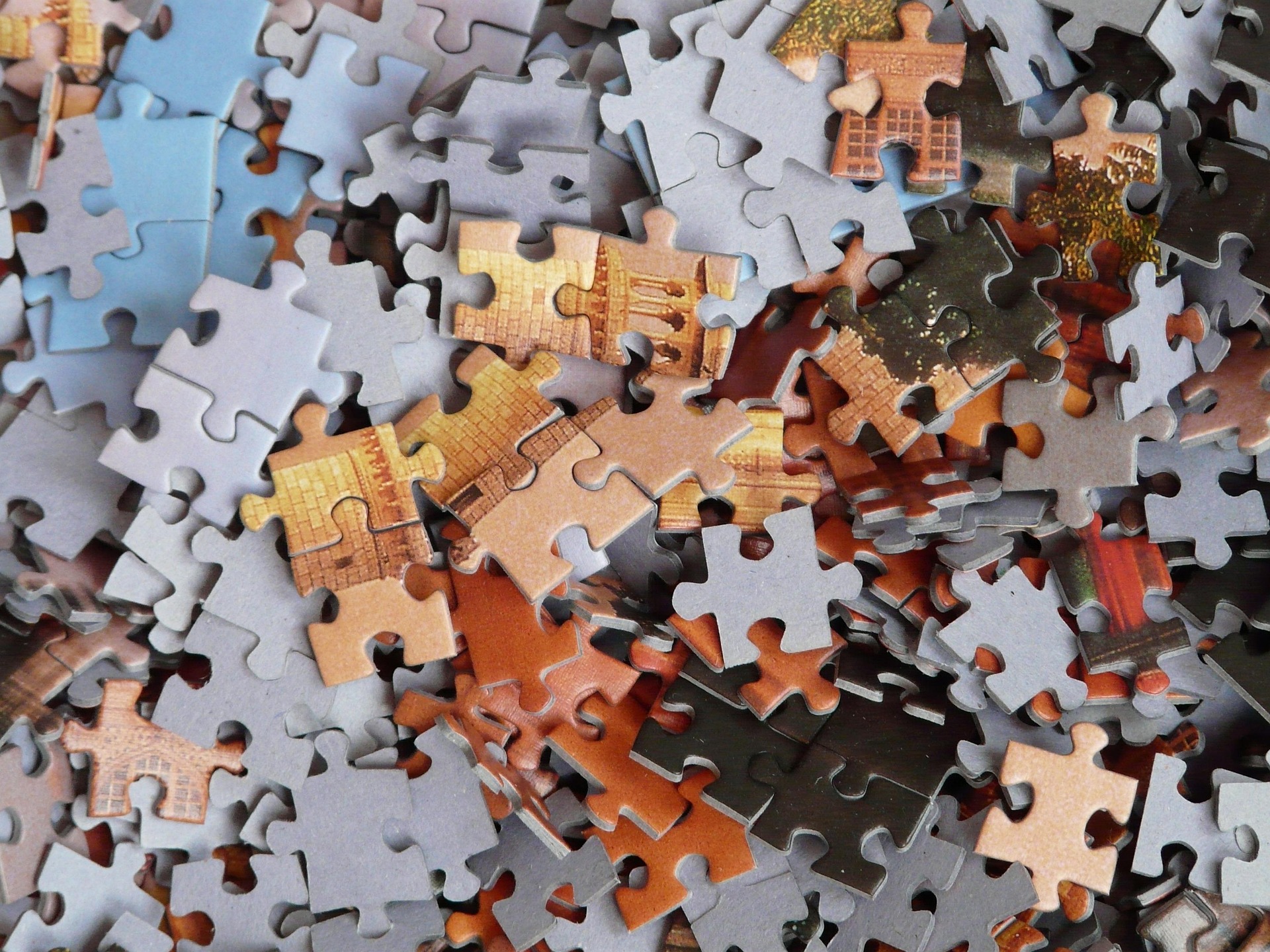Over the last few weeks we have been exploring how mindfulness was already taught by the Christian Desert Father Evagrius in the 4th century CE and was shown by him to be an integral part of the spiritual journey. He saw it as a way to ‘purify the emotions’, to return them to their God given original pure essence. He stressed that unless we become aware of the way our emotions have been distorted by our conditioned experiences and have caused wounds to our ego, our surface sense of self, we will not be aware that the consequent negative energies, our ‘demons’, blind us to our true reality and that of others and of God himself/herself. They will in this way prevent our growth and final transformation into a ‘fully alive’ human being.
Many people start with mindfulness in our secular society, as it reduces stress – the bane of our time – and therefore increases a sense of well-being and harmony with self and others, making life at the workplace more relaxing and harmonious. For the same reason only a few years ago meditation gained great popularity and was featured very strongly in the media. But because of its setting in a spiritual tradition the attention has now shifted to mindfulness because of its supposedly religion-free connotation. It is interesting to note, however, that Jon Kabat-Zinn, the first exponent of mindfulness, found this practice in the Buddhist tradition he was following and realised that many of his patients would benefit from this practice but might have been put off by something overtly religious.
By paying attention and acknowledging everything that happens in our body and mind we create a distance between the experience and ourselves. We no longer become overwhelmed by our feelings and thoughts and stop identifying with them. We soon become aware that we have sensations, feelings, emotions and thoughts, but we are not our feelings and our thoughts. We are much more than them. It is the search for this ‘more’ that then leads often to the search for spiritual ways of discovering the rest of your being, in fact your spiritual being, your link with Divine Reality.
In looking at the teaching of Evagrius we learnt that prayer is the most important ingredient on the spiritual path. The first step is to “set your mind on God’s kingdom and his justice before everything else, and all the rest will come to you as well.” (Matt 6:33) Our intention in our meditation, like that of the Desert Fathers and Mothers, is therefore the experience of the presence of God, the Kingdom of heaven. And our way there is made possible by paying one-pointed attention to our prayer word, our mantra. In that way we practise letting go off thoughts and avoid getting caught by them, which would trap us in the past or the future.
But we heard Evagrius bring out that in daily life there follows then a second practice. The attention we have strengthened by focusing on our mantra Evagrius then encourages us to let it throw its light on everything that happens within us and around us. First it highlights an awareness of our own being, sensations, feelings, which we now see clearly leading to dominant emotions, thoughts and action. This then spills over into being aware of others, who have similar problems to you, increasing your ability for empathy and compassion. This in turn extends to our entire environment. This loving attention then automatically links us to the Divine, who is Love, and in meditation we are able “to enter the stream of love between the Father and the Son”, as John Main puts it.
It seems paradoxical that to be able to take our attention off ourselves, to leave ‘self behind’ in meditation, we first need to put our full attention in daily life exactly on that which we need to leave behind and transcend – our ‘ego’, our surface self, when we are not meditating. We need to fully understand this ‘ego’, otherwise it will block us growing spiritually and will prevent us from being transformed into the person God intends us to be. If we don’t do this practice, the result will be that we will only be half awake by living in conditioned thoughts of the past or the future rather than the present moment – others, our environment or even the Divine is forgotten. John Main stresses the importance of being in the present moment: “What Jesus tells us is that there is nothing worse than being half awake…..By becoming wholly present in this moment…we enter into the eternal Now of God.”
In Scripture it is very clear that Jesus was totally aware who he was in his totality and wholly mindful of and present to others and his environment. He notes the lilies in the field, the sparrows and people needing him: the man born blind, Zacchaeus in the tree and the cripple by the pool. This awareness of everything and everybody around him then permeates his teaching and in this way he is encouraging us to do the same. This focus on the present, on the Here and Now, is an essential part of the practice of mindfulness, whether in a secular way or in a spiritual one. Both are beneficial in increasing our awareness of ourselves, others and our environment and in helping us to live in the world we find ourselves and deal with the troubles we are experiencing. But mindfulness in a spiritual setting then takes us further along the path by making us aware of the whole of our being/consciousness and allowing us to experience our integral link with the Divine, which gives guidance, meaning and purpose to our lives.





